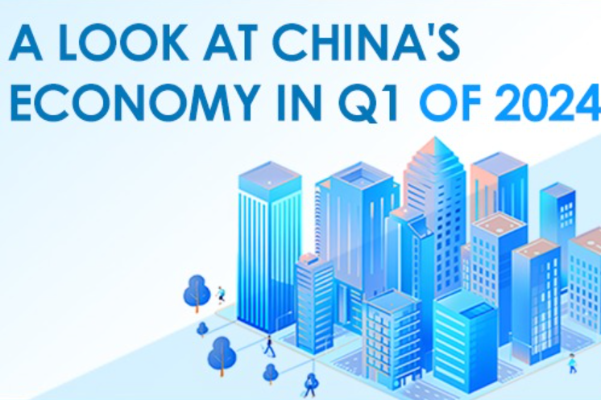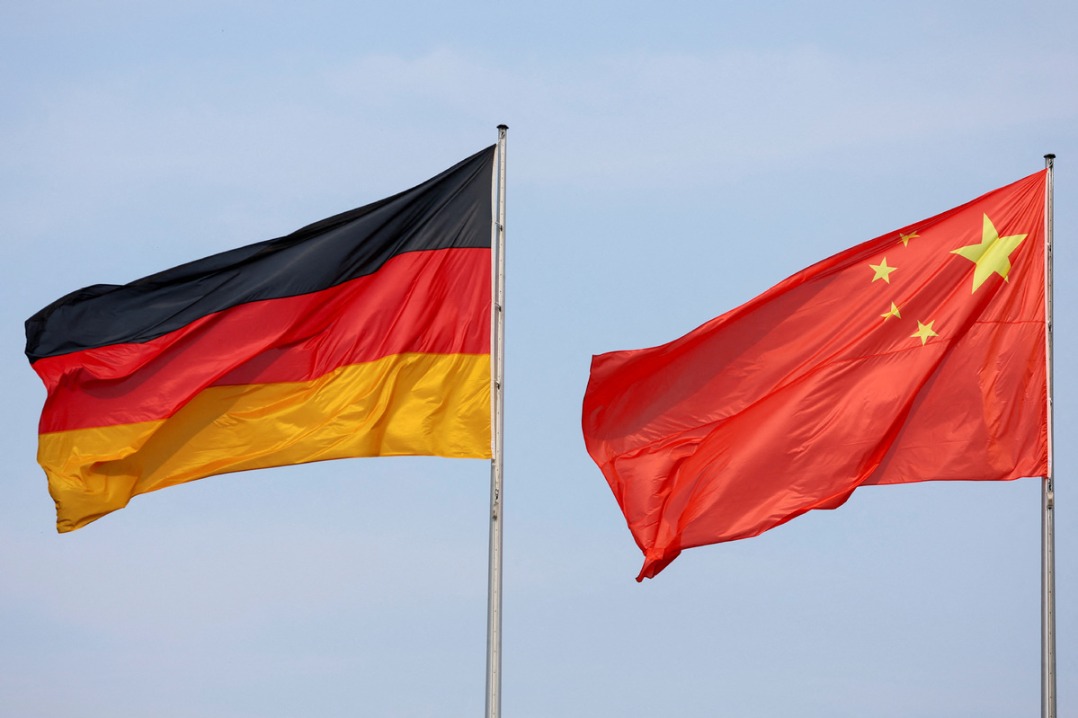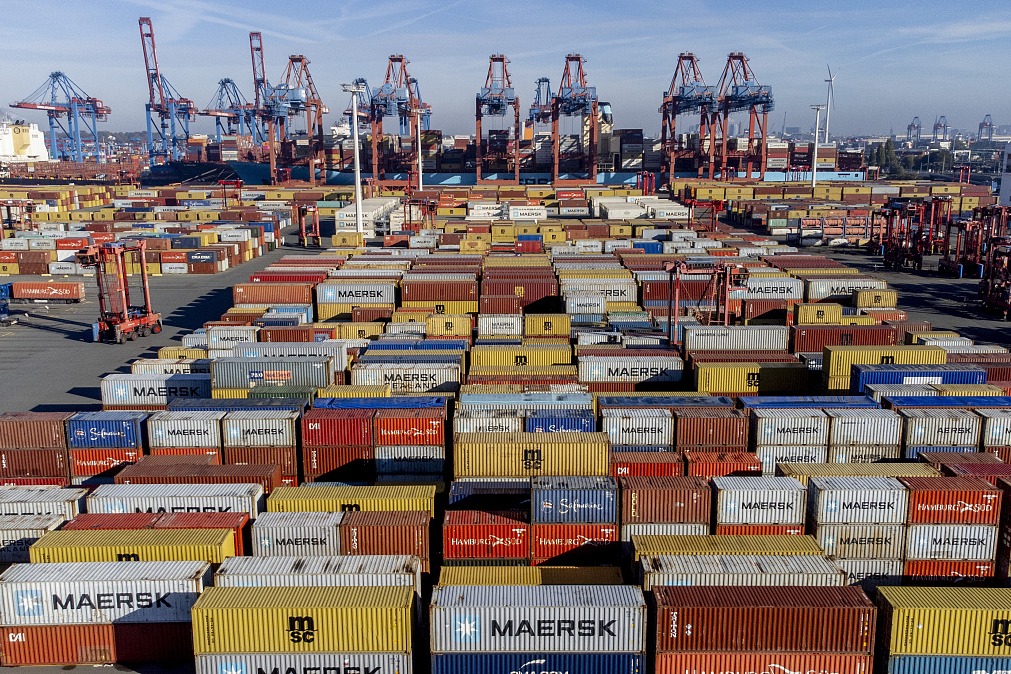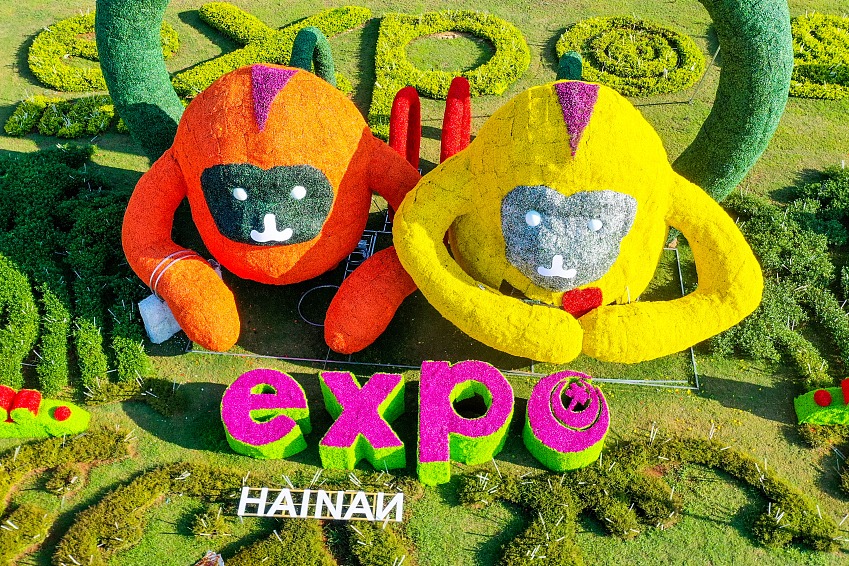Chengdu Marathon setting the pace

Boasting a carnival atmosphere and slick organization, annual race accelerates effort to join world's premier 'majors' series
As well as fueling demand for more races, China's ever-expanding throngs of marathon enthusiasts are precipitating a push for better quality, and more prestigious tests of their endurance.
The Dongfeng Nissan Chengdu Marathon, which attracted 30,000 runners for its third edition last Sunday, is at the vanguard of efforts to meet the demand, with the race bidding to earn long-distance running's premier seal of approval by becoming the seventh race on the Abbott World Marathon Majors (WMM) calendar.
The WMM series currently features races in Tokyo, Boston, London, Berlin, Chicago and New York, with Chinese runners often willing to splash the cash on trips abroad to run these iconic events.
The Chengdu Marathon, which was won by Ethiopia's Wondesen Feleke Zegeye (2:09:52) and his female compatriot Yenenesh Tilahun Dinkesa (2:29:05), has growing reason to believe it can eventually become every bit as revered as the six majors.
"The size of the crowds and the venue here is set up to become a WMM event," Tim Hadzima, executive director of the series, told the Global Times in the Sichuan city.
"We have really high hopes for the future and will continue to come back and enjoy this event and help it get to that standard.
"This race that you're seeing today is a true celebration of Chengdu, of its history and people. Hopefully the marathon will get to our standard as we look towards future years.
"In future years, as we continue to help the event grow, it will have more participants and more international participants. That's where the future of this event is, and that's where we hope to help and work with our partners."
As well as the main 42-km event, this year's edition of the Chengdu Marathon also featured a half marathon, a five-kilometer 'Happy Run' and the debut of a wheelchair race.
All six WMM events feature a wheelchair marathon, with Chengdu's addition of the discipline clearly another step toward its goal of becoming the series' seventh stop.
Compared to previous editions, Chengdu has significantly leveled up the overall race experience for participants.
Runners were not left wanting for refueling provisions throughout the race, with organizers providing 100,000 bottles of sports drinks, 210,000 bottles of pure water, 70,000 energy bars and various local snacks.
Comprehensive medical and emergency services were also at the ready, while 4,000 ice bags and 2,250 bottles of sports spray provided for quick relief of aching joints and muscles.
Local citizens added extra decibels to the carnival atmosphere by joining the 26 "music cheer stations" along the route to lift runners' spirits.
In the days before the race, the Chengdu Marathon Expo was staged at the city's New International Convention and Exhibition Center, showcasing the latest running gear and hosting lectures and discussions on the sport.
The Chengdu Marathon also reached out to local communities by staging themed activities and encouraging people to adopt more scientific and healthier running habits, all of which fits neatly into the government's national fitness campaign.
All across the nation, the marathon boom shows no sign of slowing down.
According to the latest figures from the Chinese Athletics Association, more than 120,000 people ran full marathons for the first time in 2018, while there were about 400,000 newcomers to half marathons.
A total of 1,581 marathon events were staged in 285 cities nationwide last year, all with fields of at least 800.
WMM said 6,155 runners from China ran its illustrious races-in Tokyo, Boston, London, Berlin, Chicago and New York-last year.
During a visit to Beijing in May, WMM chief Hadzima hailed not just the growing numbers of Chinese entering his series' events but their enthusiasm, saying: "I am very impressed with the passion that Chinese people have for running. In our events, we've never seen more Chinese participants."
In 2018, marathon-related consumption in China was valued at a whopping 28.8 billion yuan ($4.28 billion), with the market generating a total of 74.6 billion yuan, representing year-on-year growth of 7 percent.
Registration fees for full and half marathons averaged at 130 yuan and 102 yuan, respectively.
"It's really exciting to have an entire country be behind marathoning as a sport," said Hadzima.
"The fact that folks are getting out and being active... that's what we're all about, inspiring people to be more active.
"To take on the marathon is a challenge, because we understand the power of how it can transform individuals and cities.
"That's the power we'd like to harness and then have it be a global competition."
MOST POPULAR
- 1 Things to know about China Intl Consumer Products Expo 2024
- 2 China tops FDI confidence index of emerging markets
- 3 China specifies steps to improve payment services in tourist attractions
- 4 Low-altitude economy set to take off
- 5 China's immigration service platform receives over 10m calls from home, abroad
Editors' Picks
 Infographic:
A look at China's economy in Q1 of 2024
Infographic:
A look at China's economy in Q1 of 2024
 Infographic:
China to remove foreign ownership restrictions in value-added telecom services in pilot areas
Infographic:
China to remove foreign ownership restrictions in value-added telecom services in pilot areas
 Infographic:
2023 Sino-German investment and trade in numbers
Infographic:
2023 Sino-German investment and trade in numbers
 Infographic:
China-Germany relations in graphic
Infographic:
China-Germany relations in graphic



